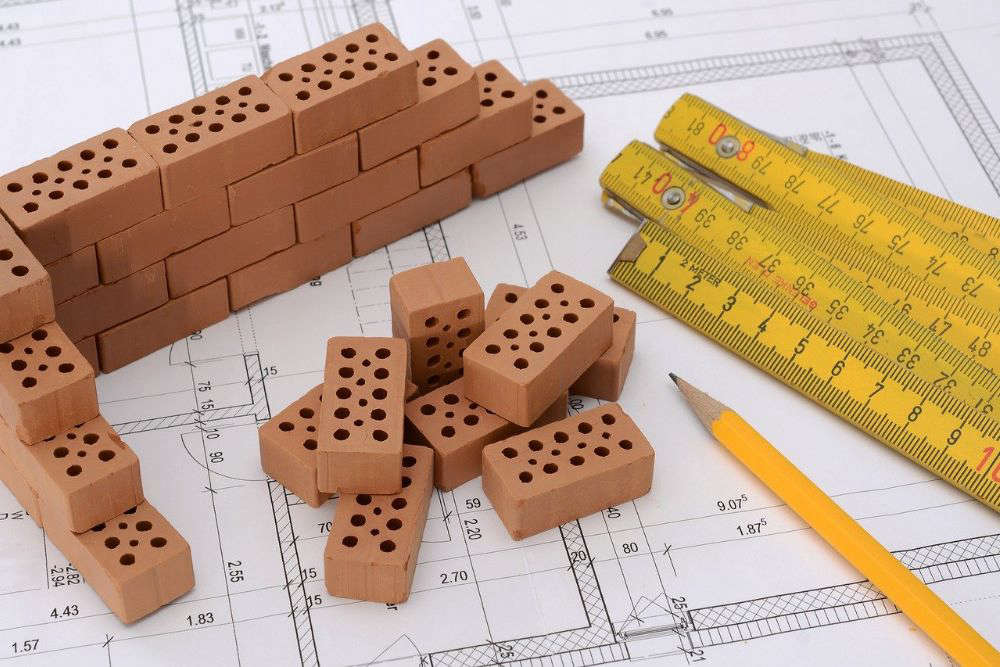
States members have voted overwhelmingly to support the introduction of a development levy.
The proposition, brought by Reform Jersey's Deputy Raluca Kovacs, will mean that any increase in the value of of land rezoned for development will be subject to a 'fair charging mechanism'.
"Put a stop to the ridiculous windfall profits created just by policy when land is rezoned for residential development."
— States Assembly - Jersey's elected parliament (@StatesAssembly) April 13, 2023
In this video, Deputy Raluca Kovacs explains her proposal to introduce a land development tax.
Watch the proposition debate in the States Meeting next week. pic.twitter.com/z2SVw7z7Cp
The proposals agreed by politicians had been amended by the Council of Ministers, who changed the deadline for legislation to be put forward to 31 March 2025 instead of 12 months earlier.
They also removed references to the term 'tax'.
No level for the charge has been proposed or set yet, but fellow Reform Deputy Tom Coles says he won't accept anything under 20%
"If the ministers come back with what we consider our baseline of tax, they can be sure that there will an amendment coming from me to raise it to at least 20% and hopefully we can structure something a bit better."
 Deputy Raluca Kovacs
Deputy Raluca Kovacs
Deputy Kovacs also tried to bring in a retrospective charge, which would mean that any developments put in from the time of the debate until the legislation became valid would also be subject to the levy.
She was concerned there could be speculative transactions over the next two years, and said it was an opportunity to raise revenue from an estimate £40m uplift in the value of land that has already been approved for rezoning but is yet to be developed.
That idea was knocked back 31 against to 10 in favour.
Deputy Kovacs expressed delight at the overall success of her proposal;
"After over 15 years of dither and delay on the subject and previous failed attempts to legislate this over the years, Reform Jersey succeeded today to finally have the work beginning on legislating a charging mechanism on the enormous financial gain on land rezoned for residential development.
This will have considerable public gain, raising revenue that could be used to help improve the housing situation we have."


 WATCH: Last Blue Islands plane leaves Jersey
WATCH: Last Blue Islands plane leaves Jersey
 Jersey pupils secure places in STEM Racing UK National Finals
Jersey pupils secure places in STEM Racing UK National Finals
 Plémont puffins get a Christmas makeover
Plémont puffins get a Christmas makeover
 New café bar and kitchen coming to Jersey Airport
New café bar and kitchen coming to Jersey Airport
 Fresh process to choose Havre des Pas Lido operator
Fresh process to choose Havre des Pas Lido operator
 Jersey Water has 100% compliance in all water quality standards, including PFAS
Jersey Water has 100% compliance in all water quality standards, including PFAS
 Large-scale Jersey drug dealer jailed
Large-scale Jersey drug dealer jailed
 Jersey's politicians agree 2026 Budget
Jersey's politicians agree 2026 Budget



